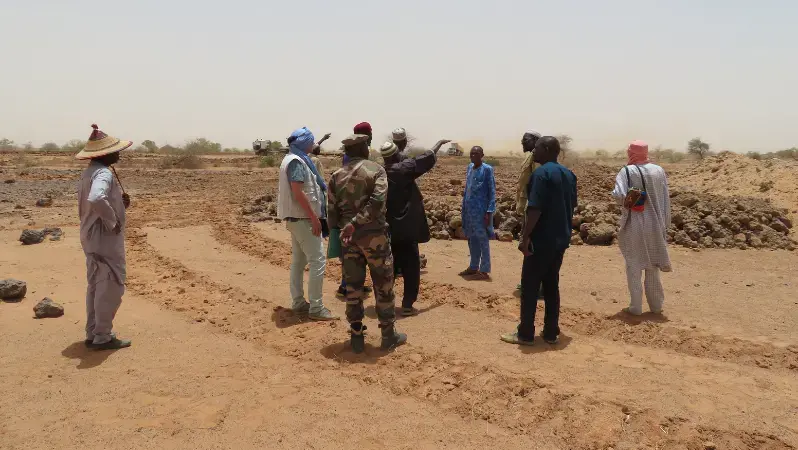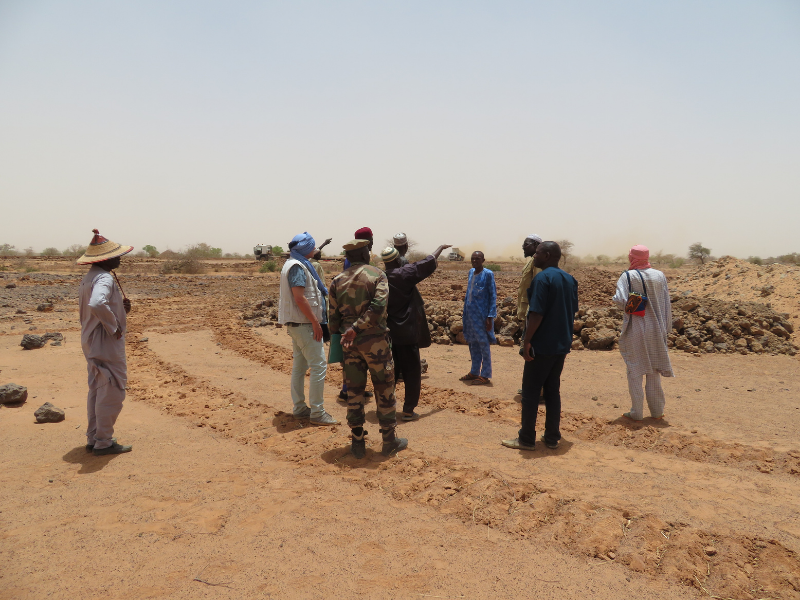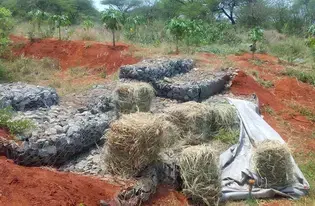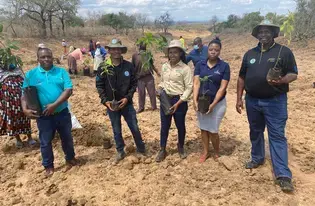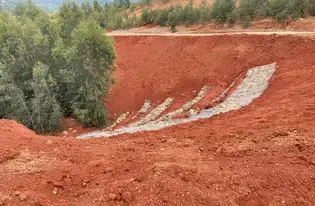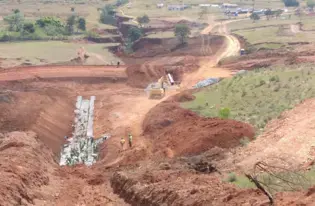Restoring and sustainably managing degraded land and forests is a national priority for Niger. It has been since the 1980s, when farmers restored over 1 million hectares of land without any external aid. Still, each year, the country loses about 100,000 hectares of arable land from overgrazing, uncontrolled logging, unsustainable forest management and fires. More than 75 percent of Niger’s area is affected by deforestation and desertification, which threaten the livelihoods of millions of people.
Between 2018 and 2022, the Food and Agriculture Organization of the UN (FAO) will help implement several restoration activities in the three rural municipalities of Illéla, Soukoukoutane and Kollo. About 500 hectares in each municipality will be restored under the leadership of local communities and governments, which the country’s national government has empowered to manage natural resources.
With support from national agencies and technical partners, the budgets of these three municipalities are now being structured to directly fund forest and landscape restoration, sustainable land management and green jobs and livelihoods. Now, the governments are integrating those financial allocations into their annual investment plans.
The project is also spreading knowledge about restoration at the national and regional levels and is exploring techniques to monitor and evaluate progress over time. The project leads expect that the positive impact of the project will increase private finance for sustainable landscapes in Niger and across the Sahel.
This project is part of a larger program funded by the French Facility for Global Environment (FFEM) and the The International Climate Initiative (IKI), for an overall amount of funding of $5 million USD.
